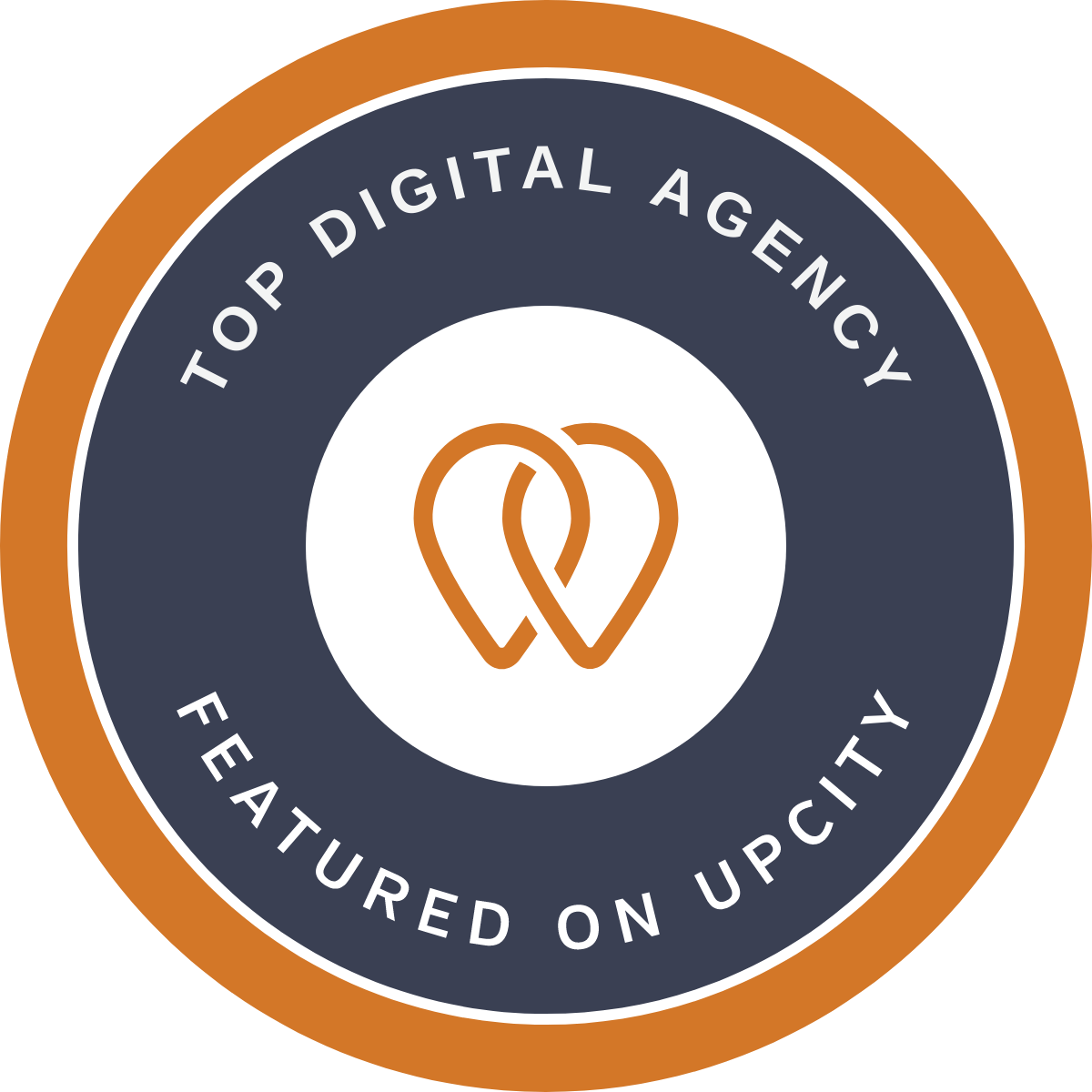How Private is Your Patient Privacy? QiP Solutions Discusses the Dangers of Evolving Healthcare
Medical information is 50 times more valuable than credit card information, so your patient information could mean big bucks if it falls into the wrong hands. It can be sold to commit insurance fraud and identity theft without healthcare providers or patients finding out for months–or ever.
Doing away with manila folders, new Health Information Portability and Accountability Act (HIPAA) laws mandate healthcare providers to make all patient health records digital. These laws are not just saving paper–it gives patients the right to access their own records at home and on mobile devices. The hope is that the ability to share personal health information between patients and providers leads to greater patient engagement, which, in return leads to preventive behaviors, better self-monitoring of conditions and decreased healthcare costs.
However, as access to health information expands, so does the probability of data breaches. Hackers tend to target small and medium-sized clinics, practices and hospitals, because these providers’ patient data is more likely to not as secure as their larger counterparts.
In this Google Hangout, On The Marc Media’s Marc Silverstein talks about patient privacy and security with Robert Zimmerman, Managing Director of Health IT at QiP Solutions, and Anna M. Gard, RN, FNP-BC, Health IT and Quality Consultant with the Association for the Underserved.
























